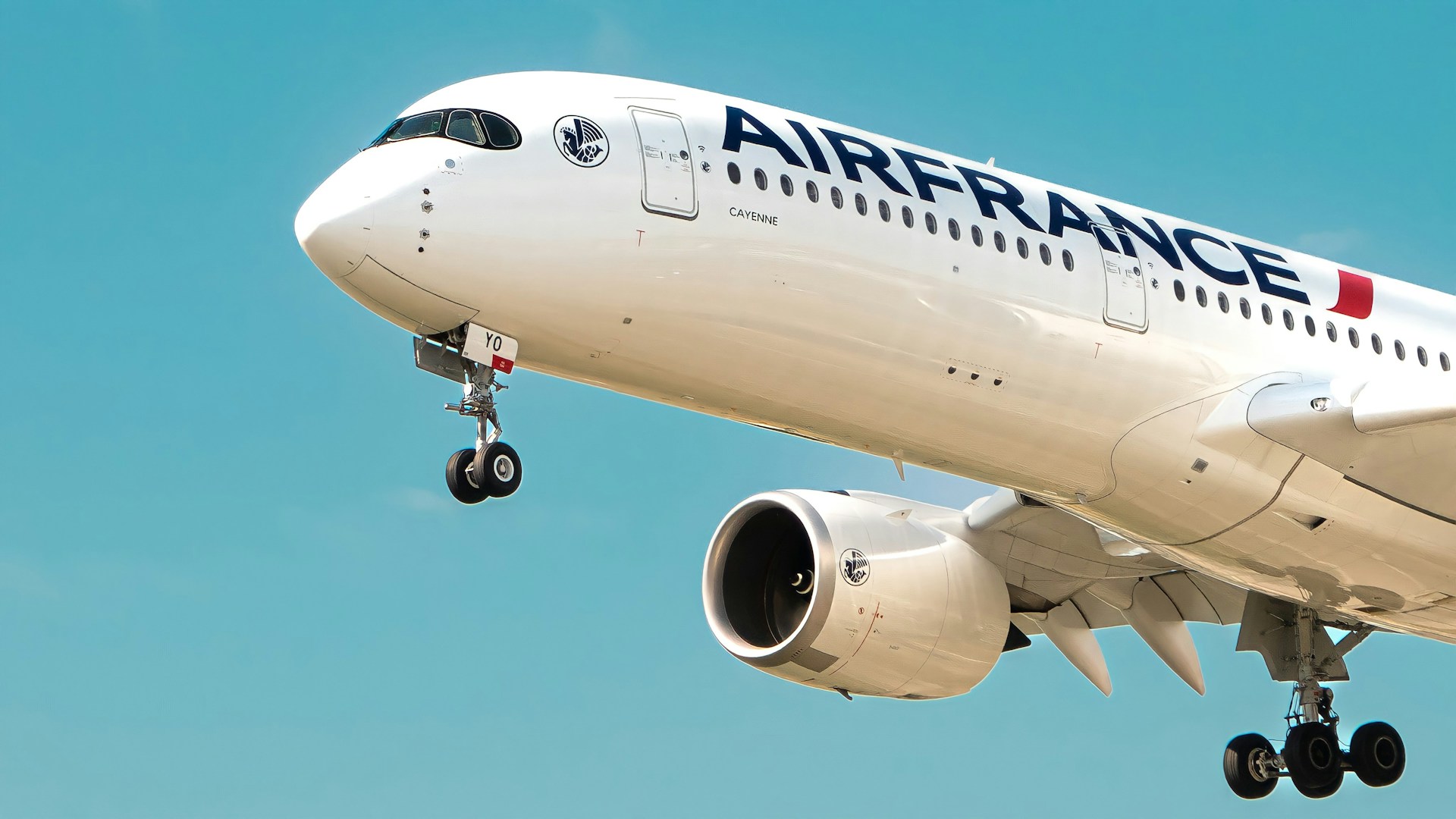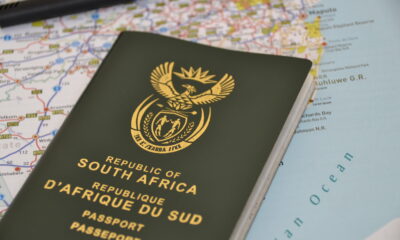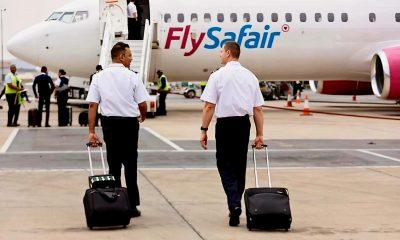Travel
Air France and KLM warn customers after cyberattack hits loyalty programme

Air France and KLM customers on alert after cyberattack
Air France and KLM have confirmed that hackers recently gained unauthorised access to the data of some Flying Blue loyalty programme members, raising fresh concerns about cyber threats in the travel industry.
The airlines reassured customers that their internal systems remained secure and that critical details like passwords, credit card numbers, passport information and travel itineraries were not compromised.
However, those affected have been contacted directly and advised to watch for suspicious emails, calls or messages that could be part of phishing scams.
Quick action from IT teams
In a statement, KLM explained that its cybersecurity teams acted immediately to block the breach once it was detected. Additional measures have since been put in place to prevent a repeat incident.
The warning is a reminder that while loyalty programmes hold value for frequent flyers, they are also tempting targets for cybercriminals who may attempt to exploit personal details for scams or identity theft.
A worrying industry trend
This is not an isolated incident. In just the past three months, several major airlines — including Qantas, Hawaiian Airlines, WestJet and South African Airways — have confirmed similar breaches. Experts say these attacks are part of a growing global trend targeting high-profile travel brands.
For South African travellers who rely on loyalty points for upgrades or long-haul discounts, it is a wake-up call to strengthen account security, avoid using the same passwords across platforms, and enable multi-factor authentication wherever possible.
Public reaction
News of the breach quickly made its way to social media, where many Flying Blue members expressed frustration, while others praised the airlines for swift communication. Some users on X (formerly Twitter) joked about changing their passwords more often than they change seats on a long-haul flight, while others urged the carriers to invest more in proactive cybersecurity measures.
Stay vigilant
Even though no financial or passport information was exposed, cybersecurity experts recommend that affected customers remain vigilant for any suspicious requests for personal information. As the travel industry becomes more digitised, protecting personal data has become as important as packing your passport before a flight.
Source:Travel News
Follow Joburg ETC on Facebook, Twitter , TikTok and Instagram
For more News in Johannesburg, visit joburgetc.com


























